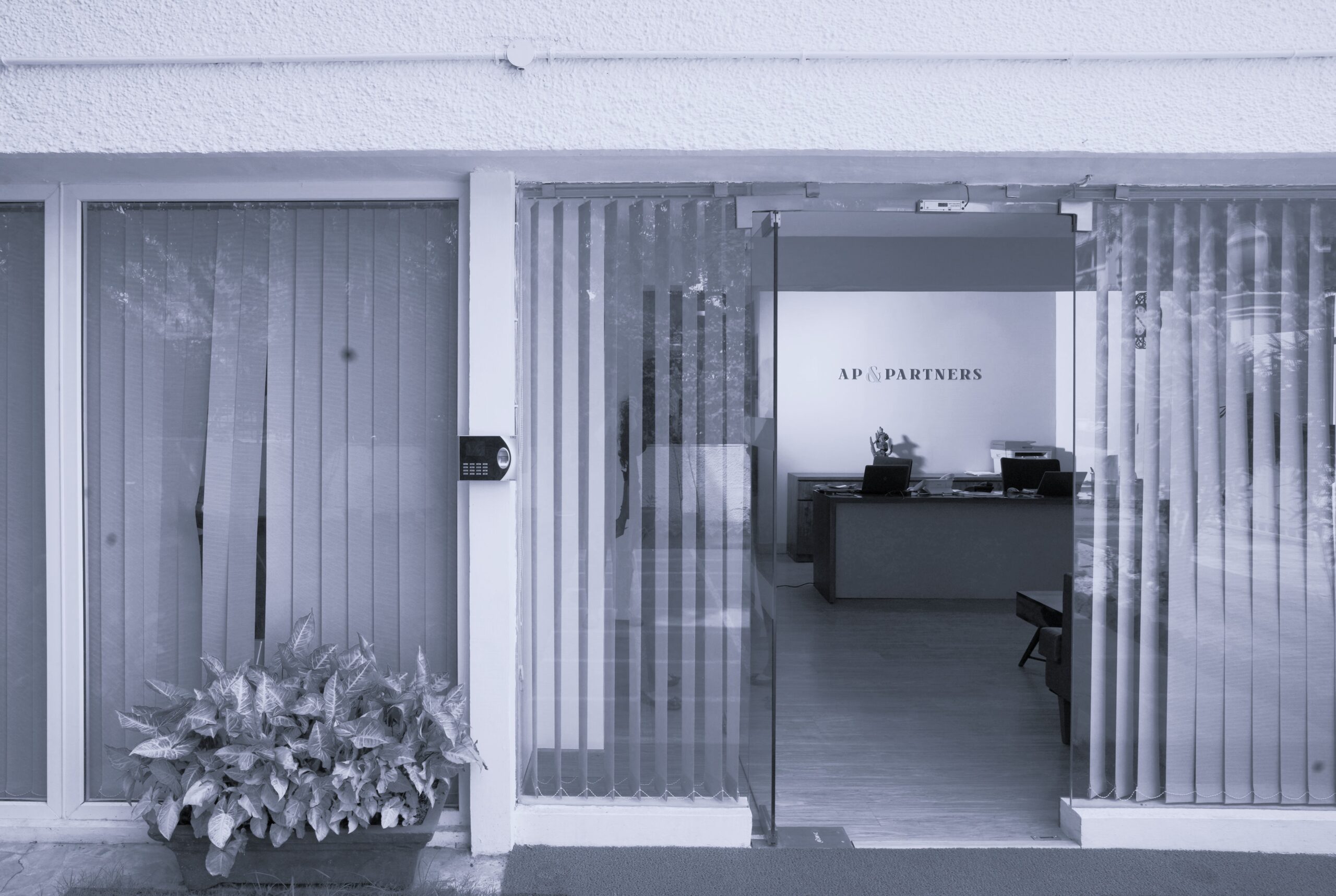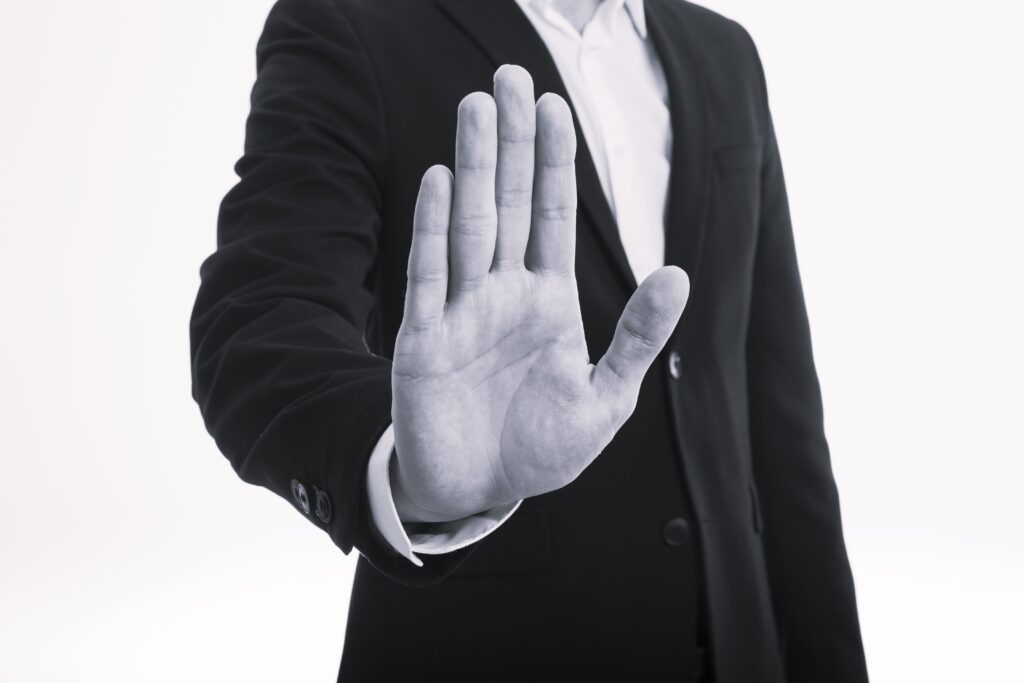“Olympic and Paralympic Games: Don’t touch my brand!
“The use of the Olympic symbol, the terms Olympic Games, Olympiads, their neologisms, the reproduction of the various Olympic distinctive signs, photos relating to the Games or the logos of the various games, cannot be made without the express prior agreement of the Olympic movement. In the same way, it is forbidden to communicate directly or indirectly on the theme of Olympism if you are not a partner of the IOC or the Olympic movement” indicates the France Olympique institutional website.
If you’re not a TOP (“The Olympic Partners”) or an official licensee, can you use these signs or refer to the Olympic Games in your communications?
In France, the answer is clearly no. Let’s find out why.
1. The “Olympic and Paralympic Properties” protection regime
The Olympic Charter, a codification of the rules adopted by the International Olympic Committee, stipulates (Rule 7.2) that “The Olympic Games are the exclusive property of the IOC, which is the owner of all rights and data relating thereto, in particular and without restriction, all rights relating to (i) the organization, exploitation and marketing of the Olympic Games (…)”.
The Charter further defines (Rule 7.4) Olympic Properties as: “The Olympic symbol, flag, motto, anthem, identifications (including, but not limited to, “Olympic Games” and “Games of the Olympiad”), designations, emblems, flame and torches”.
Who is bound by this Charter? The IOC and all those who recognize the IOC’s authority, i.e. the members of the Olympic Movement (International Sports Federations, National Olympic Committees, etc.).
The IOC is an organization under private law, governed by the Swiss Civil Code, designated as an “international non-governmental, non-profit organization” and made up not of national governments but of private individuals (IOC members, currently 107, are all natural persons).
Have the Charter or its rules been incorporated into your national law?
- The Olympic symbol, the 5 rings, is protected if your country is one of the 55 States that have ratified the Nairobi Treaty concerning the protection of the Olympic symbol (which is not the case for many European countries, France, the United States…) which requires any State party “to refuse or invalidate the registration as a trademark and to prohibit, by appropriate measures, the use as a trademark or other sign, for commercial purposes, of any sign consisting of or containing the Olympic symbol”.
- For other Olympic Properties, you need to take a closer look, as the IOC has registered thousands of verbal terms (Paralympic, Olympiad, The Olympics, Paris 2024), taglines, images (such as the posters for the various Olympic Games), logos (such as the Olympic rings) and visuals of the various mascots, all in color or black and white, relating to the Olympic Games, with the various offices managing trademark registrations at both European and global level.
- But the protection of Olympic and Paralympic Properties can also be found elsewhere…
In France,
The law directly protects all the following signs or their translations, which are recognized as the property of the Comité national olympique et sportif français (CNOSF) (article L141-5 of the French Sports Code), without the need for trademark registration, but subject to the usual trademark law sanctions:
- Olympic emblems, flag, motto, symbol and anthem
- Olympic Games logo, mascot, tagline and posters
- The vintage of the “city + year” editions of the Olympic Games
- The terms “Olympic Games”, “Olympism” and “Olympiad” and the abbreviation “JO”.
- The terms “Olympic” and “Olympian” except in common language for normal use excluding any promotional or commercial use or any risk of confusion in the mind of the public with the Olympic movement.
The same applies to the national Paralympic emblems and the terms “Paralympic Games”, “Paralympic”, “Paralympiad”, “Paralympics” and “Paralympian”, and the acronym “JP”, which are the property of the French Paralympic and Sports Committee (article L141-7 of the same code).
The protection granted to Olympic and Paralympic Properties is exceptional, absolute and does not require proof of unjustified exploitation or likelihood of confusion.
2. Consequences in France
Only Official Partners, in exchange for their substantial financial contribution and compliance with detailed specifications, are granted the exclusive right to use the Olympic Intellectual Properties.
Apart from this situation, the mere fact of reproducing, imitating, affixing or modifying the elements or terms referred to in point I, or their translation, without IOC authorization, is severely punished (art.L716-9 to L716-13 of the Code of Intellectual Property CIP) and can be qualified as counterfeiting, which is a criminal offense (punishable by imprisonment and fines of up to 400,000 euros).
Penalties can also include damages for infringement of these properties under articles of the French Sports Code and L713-5 of the CIP, as well as for parasitism (art.1240 Civil code) (by placing oneself unduly in the wake of a major event, taking advantage of the investments made by the rights holders).
A few examples condemned by the courts:
- A retailer may not use the Olympic rings symbol on a television on his premises to attract customers.
- A sneaker manufacturer cannot use the color of the rings on its shoes and name them after an athlete.
- Use of the term “OLYMPRIX” in an advertising campaign
- Posting on Twitter “It’s a go to theOlympicGames! #JeuxOlympiques #JO2018 as part of an advertisement campaign.
- Companies’ use of “#” in connection with the Games.
Beware of ambush marketing, an advertising strategy aimed at associating one’s image with that of the Olympic Games, which can be punished on the grounds of counterfeiting, unfair competition or parasitism.
The only exception to this special protection is the right to information. You can publish a press release that is neither commercial nor advertising, but purely informative (e.g. reference to a result).
Claudia MASSA, Partner;
Marine PECHENARD, lawyer





